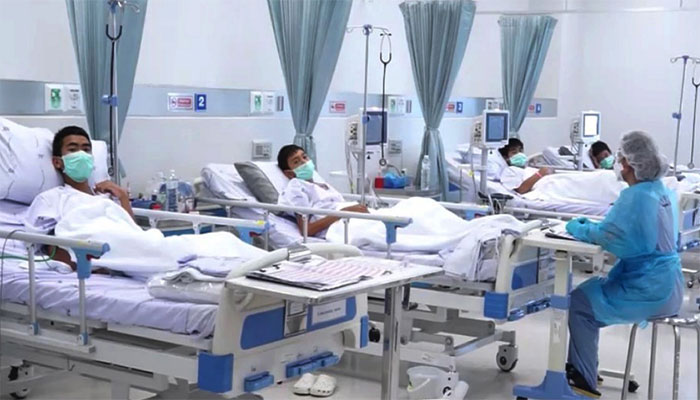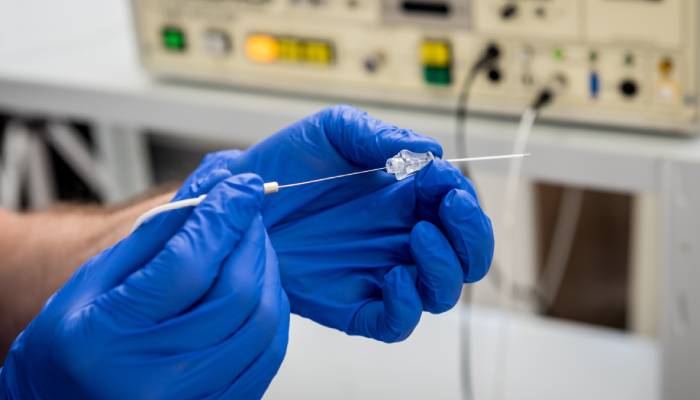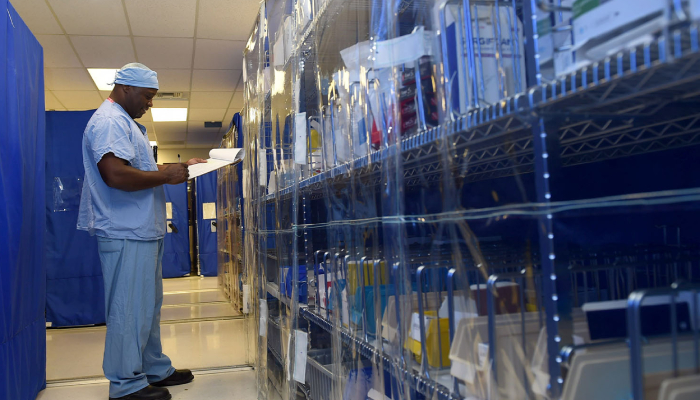Why Hospitals Need Power BackUp?

How To Choose The Best Diagnostic Centre?
March 13, 2018
Best Online Pharmacies To Buy Medicines At Discounted Price
April 10, 2018Reliable Power Backup Solutions Are the Need of the Hour for Healthcare Industry, says the top inverter dealers
Backup power is essential for most industries in India to function optimally. But if there is one industry in which it is critical and can be a matter of life and death, it is the healthcare domain. The need for backup power has been recognised by industries and people from all walks of life, and this has many UPS Dealers making a sales pitch for using backup power. Backup power is hugely relevant to reports of death in hospitals due to power failure, refer https://daily.jstor.org/the-cautionary-tale-of-indias-private-hospitals/. Apart from the loss of life, there are many other critical operations and technologies which are interrupted which means the patients are compromised.
Read More About : Health
Critical Monitoring Equipments Need Uninterrupted power supply
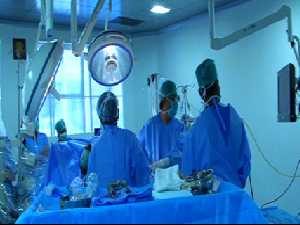 Be it a natural disaster or a power shortage; hospitals need power round the clock. If the power goes out in a hospital, the lights, medical devices and other electrical equipment which are critical do not function. Though hospitals claim that they have everything in order, there have been many instances of power cuts causing inconvenience to patients. The fact is that the generators that are used in hospitals are very vulnerable and have stopped working in case of any natural disasters. The reason for the failure of generators as per statistics gathered from various sources are due to
Be it a natural disaster or a power shortage; hospitals need power round the clock. If the power goes out in a hospital, the lights, medical devices and other electrical equipment which are critical do not function. Though hospitals claim that they have everything in order, there have been many instances of power cuts causing inconvenience to patients. The fact is that the generators that are used in hospitals are very vulnerable and have stopped working in case of any natural disasters. The reason for the failure of generators as per statistics gathered from various sources are due to
● Generators which are old and outdated
● They are in a area that is prone to waterlogging due to floods
● Hospitals do not have enough space to move them from basements to other safe places.
● No regulation on the standard for backup generators.
UPS manufacturers guarantee seamless power supply 24/7
The hospitals should have enough power backup but are usually overlooked by hospital authorities. Risks like floods, fire, natural disasters, attacks by criminals are not taken care of, and hence it can be a threat to the steady power supply. To circumvent these situations, there is a need for enough power backup which is ready all the time so that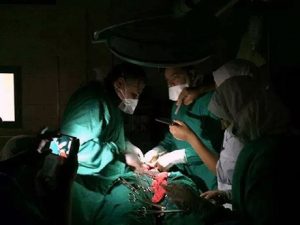 they can power up the critical devices. Also, it needs to be frequently tested to ensure that they are in working condition.
they can power up the critical devices. Also, it needs to be frequently tested to ensure that they are in working condition.
Be Immune to Power failure – Get the best power backup solution from Inverter manufacturers
Hospitals have long been relying on generators but are not the best option as a source for backup power. The operations of healthcare devices can be seamlessly secured using power management technology. The generators take time to power up and hence there is a critical time lag which can impact the functioning of the devices in surgery, ICU, etc. These kinds of power outages should not be allowed as it can risk the life of the patient. Many rely on static UPS, but the best option for healthcare is the use of rotary UPS technology. This technology provides uninterrupted power to the entire infrastructure, and there is zero downtime.
Power backup supply for the healthcare industry has to be tested and that too frequently. Simulation of reasons of power failure and the scenarios should be prepared and tested. The power supply should be vigorously examined and maintained routinely to see to it that it is functioning and they have enough power when the need arises. All hospitals should be prepared to ensure that the full power is given when the situation arises.

